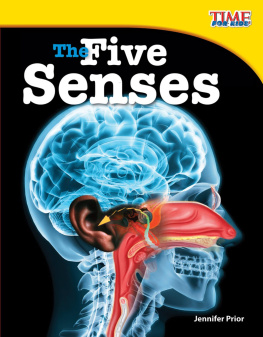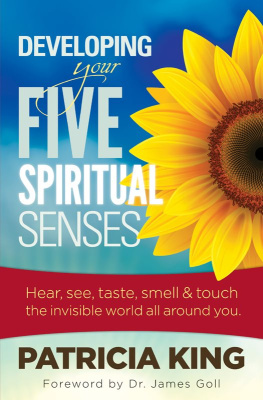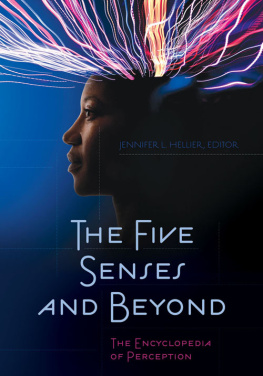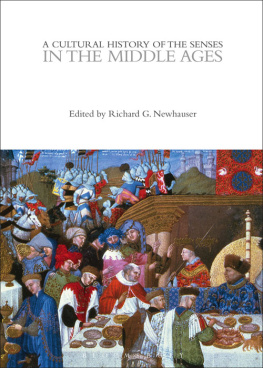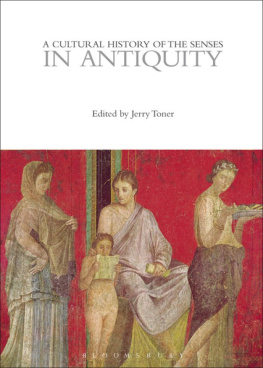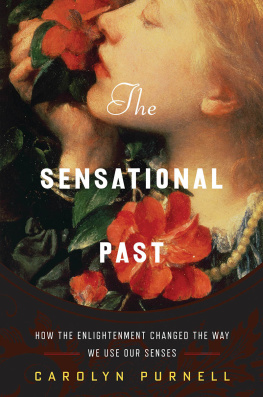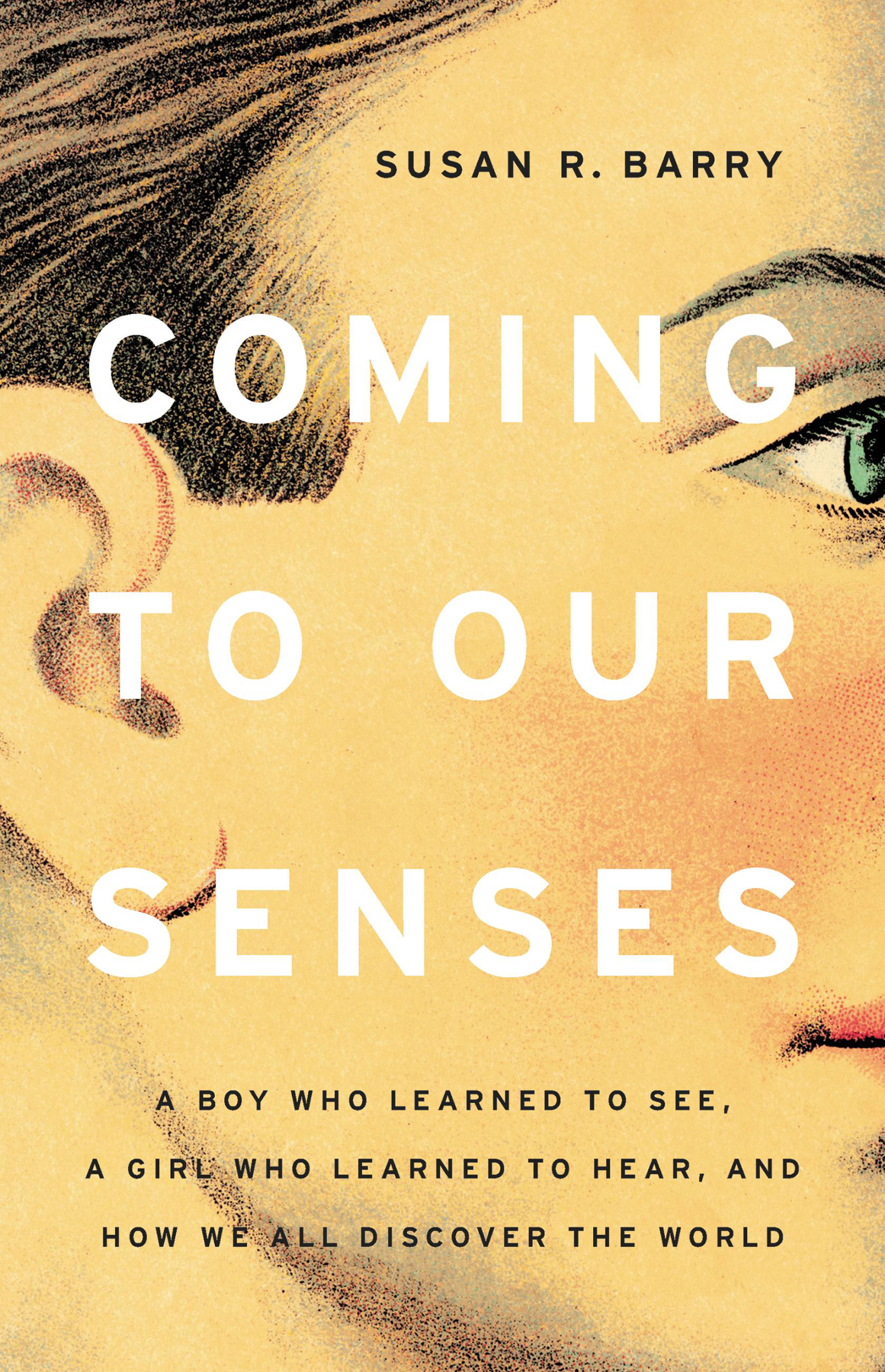
Copyright 2021 by Susan R. Barry
Cover design by Chin-Yee Lai
Cover image CSA Images via Getty Images
Cover copyright 2021 Hachette Book Group, Inc.
Hachette Book Group supports the right to free expression and the value of copyright. The purpose of copyright is to encourage writers and artists to produce the creative works that enrich our culture.
The scanning, uploading, and distribution of this book without permission is a theft of the authors intellectual property. If you would like permission to use material from the book (other than for review purposes), please contact permissions@hbgusa.com. Thank you for your support of the authors rights.
Basic Books
Hachette Book Group
1290 Avenue of the Americas, New York, NY 10104
www.basicbooks.com
First Edition: June 2021
Published by Basic Books, an imprint of Perseus Books, LLC, a subsidiary of Hachette Book Group, Inc. The Basic Books name and logo is a trademark of the Hachette Book Group.
The Hachette Speakers Bureau provides a wide range of authors for speaking events. To find out more, go to www.hachettespeakersbureau.com or call (866) 376-6591.
The publisher is not responsible for websites (or their content) that are not owned by the publisher.
Additional copyright/credits information is .
Library of Congress Cataloging-in-Publication Data
Names: Barry, Susan R., author.
Title: Coming to our senses : a boy who learned to see, a girl who learned to hear, and how we all discover the world / Susan R. Barry.
Description: First edition. | New York : Basic Books, 2021. | Includes bibliographical references and index.
Identifiers: LCCN 2020036615 | ISBN 9781541675155 (hardcover) | ISBN 9781541675162 (ebook)
Subjects: LCSH: People with disabilitiesRehabilitationUnited States. | BlindRehabilitationUnited States. | Hearing impairedRehabilitationUnited States. | People with disabilitiesUnited StatesBiography. | BlindUnited StatesBiography. | Hearing impairedUnited StatesBiography. | Senses and sensationSocial aspectsUnited States.
Classification: LCC HV3023.A3 B37 2021 | DDC 362.4/1092 [B]dc23
LC record available at https://lccn.loc.gov/2020036615
ISBNs: 978-1-5416-7515-5 (hardcover); 978-1-5416-7516-2 (ebook)
E3-20220113-JV-PC-COR
For
Cindy Lansford
and
Najma Gulamali Mussa
The key to the future of the world is finding the optimistic stories and letting them be known.
P ETE S EEGER , American folksinger and songwriter
R ICHARD G REGORY AND J EAN W ALLACE WERE EXCITED TO MEET Sidney Bradford. The fifty-two-year-old man had just undergone cornea operations that allowed him to see for the first time. What would this be like? Would he be filled with gratitude and joy? Would he spring up from his hospital bed, look around, and find a fascinating new world spread out before him? Indeed, SB (as Gregory and Wallace referred to him) did experience an initial period of excitement and curiosity. A cheerful and extroverted man, he took great delight in watching the traffic go by and distinguishing cars from trucks. But over the following months, his mood shifted. Even with his new sight, he couldnt read print or drive a car. He had led a full life as a blind man and was perfectly healthy when he underwent the operations that gave him sight, but over the year and a half following the surgeries, he grew increasingly depressed, his health deteriorated, and he died.
Virgil, the subject of Oliver Sackss essay To See and Not See, fared no better.operations to remove them in midlife. Now, he could see but could hardly make sense of what he saw. Within a year of the operations, he became gravely ill and lost what vision he had.
In Wired for Sound, Beverly Biderman describes her initial despair upon first receiving a cochlear implant. Biderman began to lose her hearing as a child and had been deaf for more than thirty years before she received her device. After experiencing sounds again, she had an overwhelming feeling of things falling apart. She could not go back to being deaf, yet found her current situation intolerable. Completely out of balance, she wrote, I felt quite simply that I wanted to die.
W HY IS THIS SO HARD? W HY WOULD A BLIND PERSON NOT EMBRACE sight and a deaf person not jump at the chance to hear? I found this question particularly intriguing because at age forty-eight, I experienced a dramatic improvement in my vision, a change that repeatedly brought me moments of childlike glee. Cross-eyed from early infancy, I had seen the world primarily through one eye. Then, in midlife, I learned, through a program of vision therapy, to use my eyes together. With each glance, everything I saw took on a new look. I could see the volume and 3D shape of the empty space between things. Tree branches reached out toward me; light fixtures floated. A visit to the produce section of the supermarket, with all its colors and 3D shapes, could send me into a sort of ecstasy. If I was so enchanted by my new stereo views, why wouldnt a blind person, enabled to see for the first time, be overwhelmed with joy?
Theres a difference between seeing in a new way and seeing for the first time. My new stereo views brought me great pleasure because they didnt disrupt, but rather confirmed, my overall worldview. I could always order objects in depth using cues seen by just one eye. For example, an object in the foreground blocked my view of objects located behind it. One eye gave me depth order but with a compressed sense of space. When I gained stereovision, space inflated. I could see, not just infer, the pockets of space between a given object and those behind it. My new 3D views made sense.
The same is not true for an adult or older child who gains sight or hearing for the first time. To the newly sighted, the ease with which most of us use our eyes to interpret the world is staggering. Following a single glance, we grasp the gist of the scene before us.
As Albert Bregman points out in his book Auditory Scene Analysis, sensory input does not come out of nowhere.
When I look at the scene in photograph presents a far less complex view than that of an ordinary kitchen, yard, street, or landscape.

FIGURE I.1. The cup partially blocks our view of the spoons handle, but we recognize that the handle continues behind the cup.
The same problem of belongingness occurs with audition. As I type on this hot, humid day, I recognize the patter of rain through my open window, the whir of the fan by my desk, the tap of my keystrokes, and my husbands voice. I turn on the radio and hear an orchestra playing. Although the violin and flute are simultaneously playing the same notes, I have no problem recognizing which sounds belong to each instrument. Each of these separate sounds (the rain, the fan, the keystrokes, the violin and flute) is made up of a combination of sound waves arriving at my ears at the same time; yet I automatically sort them all into their proper sound sources. I know which sound waves belong to the rain and which to the flute. An adult hearing for the first time, however, perceives an unintelligible cacophony. Sounds lack meaning, are disembodied, and are hard to localize. A newly acquired sense in adulthood does not add to ones understanding of the world; it confounds it.
For I am now, after forty years of what we will term silence, so accommodated to it (like a hermit-crab to its shell) that were the faculty of hearing restored to me tomorrow it would appear an


